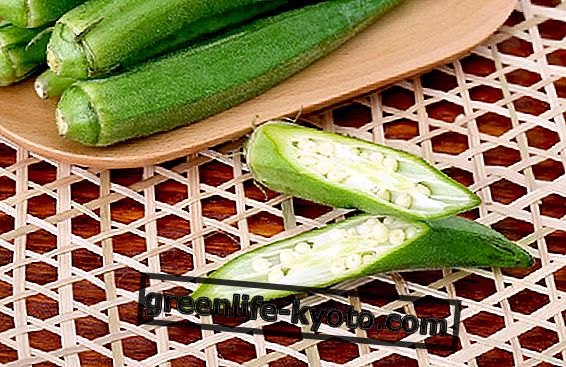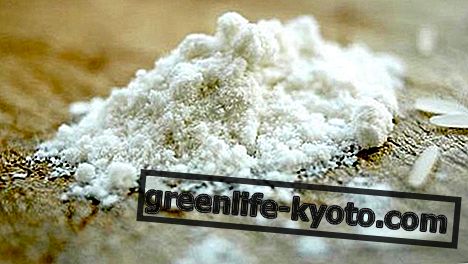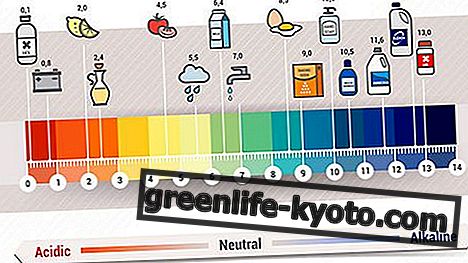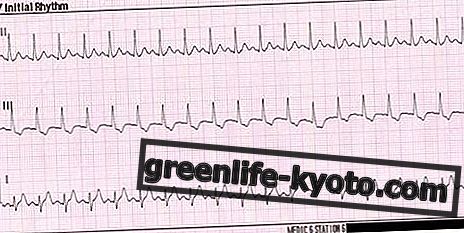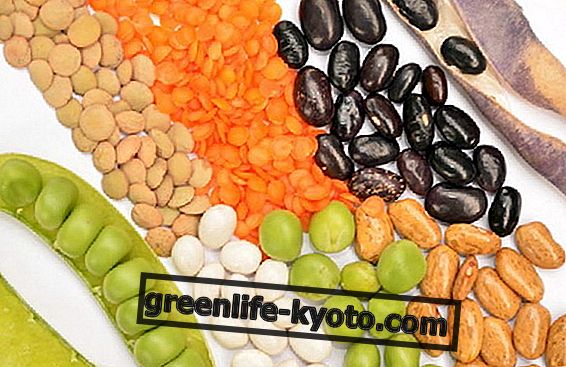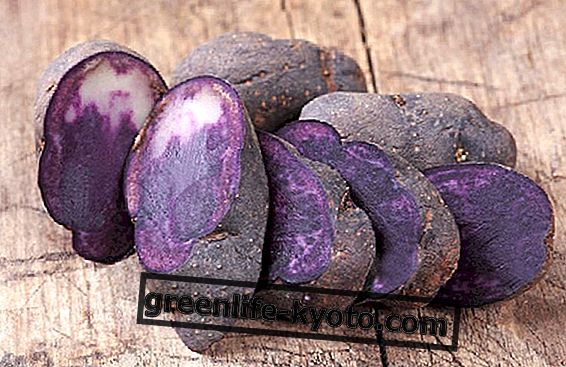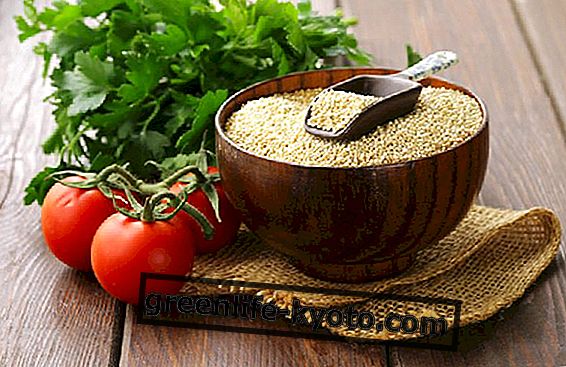
Potassium (symbol K) is one of the most important minerals present in our body; changes in its amount in the blood can also cause serious consequences, as it is essential for the correct functioning of nerve and muscle cells, in particular of the heart.
It is ingested through food and eliminated mainly through urine. The blood levels (ie the concentration in the blood) are closely related to those of sodium, if the concentration of sodium decreases, that of potassium goes up : so be careful, our body needs a correct balance of all minerals, no one must be in excess or in shortage.
We know potassium better: what are the symptoms, reference values and remedies for high and low potassium.
Also read Potassium in food >>
High potassium: symptoms, reference values, remedies
The symptoms of hyperkalemia, or high potassium, in some cases are not manifest, or are multiple, some even serious, and include:
> Mental confusion;
> numbness and tingling in the hands and feet;
> difficult breathing;
> difficulty in movements (flaccid paralysis);
> slow heart rate;
> cardiac arrest.
The reference values for high potassium are values greater than 5.2 mmol / l (or mEq / l).
In fact the reference values for potassium in the blood are between 3.6 and 5.2 mmol / l (or mEq / l), with a warning: the reference values for your analyzes will be strictly dependent on the laboratory in which they are carried out .
Therefore always pay attention to the reference values on your report.
The first remedy for a high potassium value is to trace its cause, which could be a previous disease such as: renal failure, haemolysis, trauma, Addison's disease, metabolic acidosis, malnutrition.
If the cause has already been identified, here are the main natural remedies for high potassium :
> Be very careful to limit the use of supplements, especially if not prescribed by your doctor or if they are contemporaneous with some drugs that hinder their elimination;
> avoid dietary cooking salts containing potassium;
> avoid consuming too much dried fruit ;
> limit the consumption of: grapes, bananas, chestnuts, coconuts, kiwis, legumes, potatoes, artichokes, spinach, mushrooms, sausages, ham, sardines, cocoa, chocolate, fruit juices, brewer's yeast;
> to reduce the amount of potassium in the food, boil the vegetables in plenty of water (not to reuse).
In the case of excessive values of high potassium and severe symptoms or renal insufficiency, the remedies will be pharmacological : administration of insulin and glucose that make the circulating potassium reabsorb by the cells: intravenous calcium is also administered to protect the heart.
In emergency situations, dialysis may be required.
Low potassium: symptoms, reference values, remedies
In the case of the opposite situation, in which the potassium values are low, the symptoms may be :
> Muscle weakness and paralysis in some cases;
> irritability;
> cardiac symptoms: tachiacrdia, arrhythmias, cardiac arrest;
> increase in diuresis;
> increased breathing frequency;
> constipation;
> decreased appetite.
The reference values for low potassium are values below 3.6 mmol / l (or mEq / l). In fact, the reference values for potassium in the blood are between 3.6 and 5.2 mmol / l (or mEq / l), with a warning: the reference values for your analyzes will be strictly dependent on the laboratory where are carried out .
Therefore always pay attention to the reference values on your report.
The first remedy in a low potassium situation is the definition and resolution of its causes, which can be multiple, for example: vomiting, diarrhea, alcoholism, folic acid deficiency, excess laxatives or diuretics, Cushing's syndrome, burns, fever, excessive sweating.
In the case of low potassium, except for other causes, as we have seen, the most common remedies are related to food .
The best remedies are therefore foods. The main foods to be consumed in case of low potassium are:
> Fruit, especially avocado, bananas, dried apricots, dates, citrus fruits;
> dried fruit: almonds, walnuts;
> chestnuts;
> potatoes;
> legumes: beans, peas;
> vegetables: tomatoes, pumpkin, asparagus, artichokes, cauliflower, spinach.
If potassium is too low, your doctor may prescribe supplements; while if you do intense physical activity or sweating profusely, it could be useful to reintegrate with specific saline solutions, always following medical advice.
